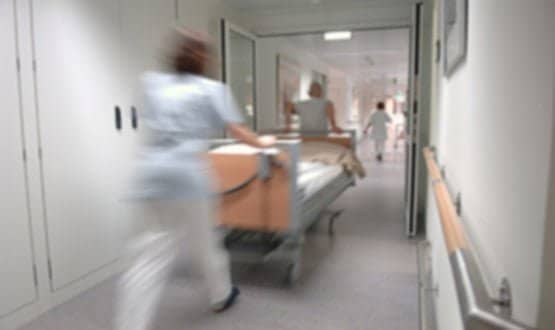Health minister says he would not “immediately” reject Airbnb type scheme
- 2 November 2017

A health minister has said he would not “immediately” reject a scheme where hospital patients could be discharged to people’s spare rooms.
Southend University Hospital NHS Foundation Trust in Essex had been linked to the idea, which involved hospital patients staying in residents’ spare rooms while waiting to be discharged.
The ‘hosts’ can earn up to £1,000 a month as part of private company CareRooms’ scheme, HSJ reported.
The trust later distanced itself from the healthcare start-up’s project following mounting criticism.
Speaking to BBC Radio 5 Live health minister Philip Dunne said he would not “just immediately reject” the idea and said “one’s got to trial new things”.
He added: “This is not national policy, anything innovative needs to be very carefully scrutinised and assessed before we proceed with it.”
“But I wouldn’t, just as an immediate knee jerk, say that new models of care in the community are necessarily wrong.”
Mr Dunne then explained the scheme is targeted at patients “who have had minor procedures who need a bit of help”.
He also added the scheme could be opened up to B&B owners who have medical training and could offer accommodation.
Following Mr Dunne’s comments, Tom Abell, deputy chief executive of Southend University Hospital NHS Foundation Trust said that “no decision” has been made as to whether to progress with the idea.
He added: “Any possible new idea or innovation would inevitably involve discussions about how it might work but we remain clear, as do others, that no decision has been made to progress this idea further.”
“Any innovation introduced in the NHS would have to abide by all safeguarding and quality arrangements before any pilots started.”
In September it was announced Chelsea and Westminster Hospital were trialing a new digital health device assisting patients to manage their stress and anxiety before surgery.
The self-guided breathing and meditation device uses visual and audio cues generated from the heartbeat to support anxiety and stress relief in patients.




